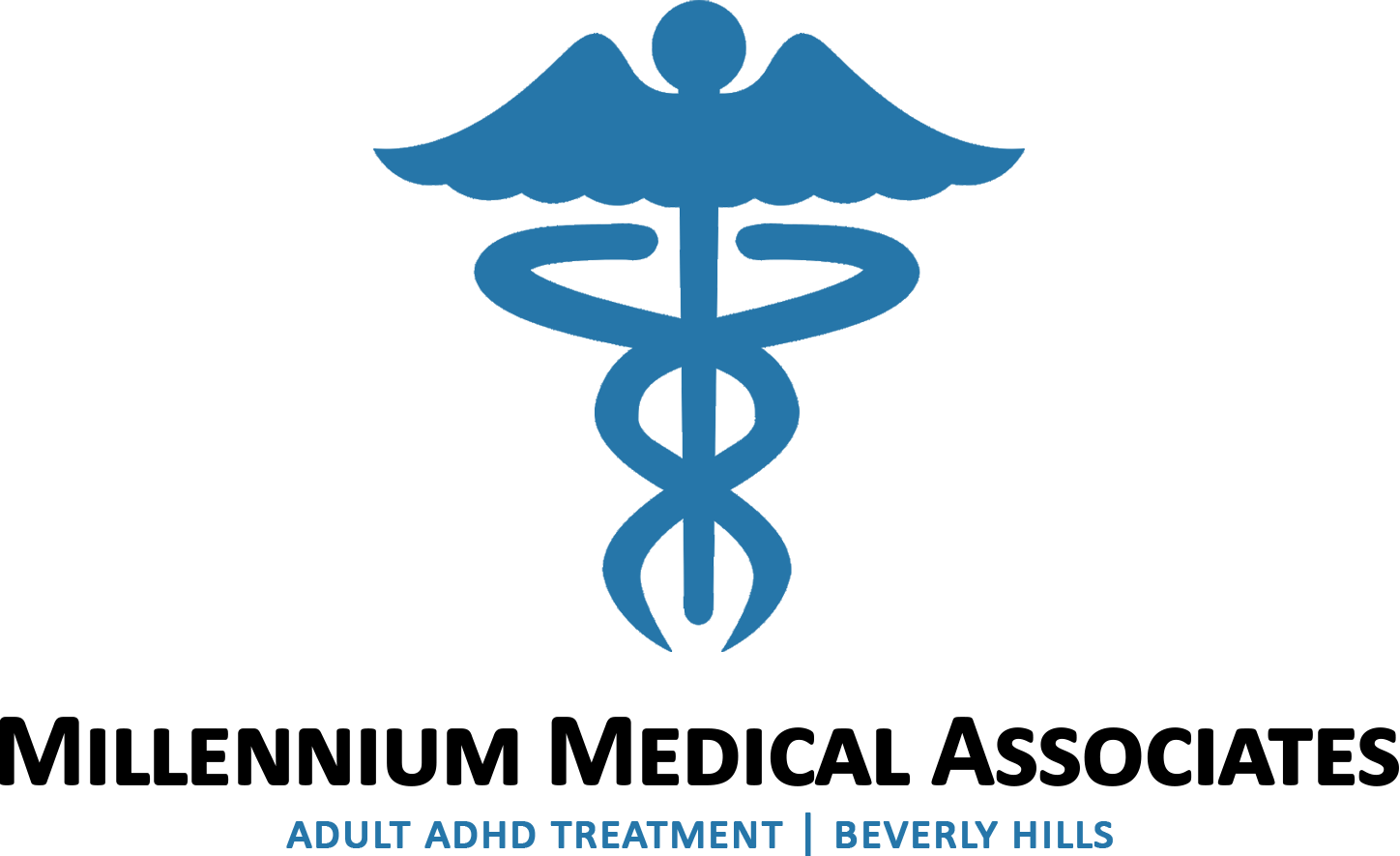Is ADHD medication right for me?
Hey everyone, Emily here!
Many of my Adult ADD patients, especially those who are newly diagnosed, have questions about ADHD medications. Two of the questions I hear most often are, “Should I take ADD medication?” and “Is ADHD medication right for me?” The simple answer to these questions is that there are no simple answers.
Everyone is different. ADHD symptoms (and the way they impact your life, work, and relationships) can vary among patients, so it’s important to take your own symptoms and circumstances into account when considering ADHD treatment. All reputable clinical studies indicate that oral medication is the most successful treatment option. And, in my experience with patient treatment , I have found oral medication to be the single most effective treatment for this condition. When prescribed and monitored by a qualified physician, ADHD medication works about 80 to 90% of the time.
In general, the goal of ADHD treatment is to improve overall functioning and address the main symptoms of the condition, such as inattention, low motivation, and distractibility. Some patients, such as those with mild to moderate ADHD, may find that they are able to address these symptoms without medication. Alternative treatments include various forms of counseling/therapy or ADHD coaching — some patients may find symptom relief from these options.
However, many patients may require (or simply prefer) medical treatment with oral medications. This is nothing to be ashamed of. After all, ADHD is a brain-based disorder, so it makes sense to actually treat the brain.
There are two categories of ADHD medications to choose from. Stimulant medications, such as Adderall, Vyvanse, and Concerta, are used most often. Overall, these medications are very safe and effective. However, some patients report experiencing one or more of the following side-effects when they begin taking medication: nervousness, jitters, diminished appetite, insomnia and dry mouth. These side-effects are not dangerous and the majority of them will abate within approximately two weeks. Please be sure to let me know about any side effects which do not abate within a couple of weeks, as these can be managed by adjusting your dosage or switching to a different medication.
Non-stimulant medications, such as Intuniv and Strattera, are an alternative to traditional ADHD medications. Non-stimulants may be a good treatment option for patients who require ADHD medication but prefer to avoid stimulants. Certain antidepressant medications, such as Wellbutrin, may also be effective. We will discuss all appropriate medication options and work together to select a treatment plan that’s tailored to your specific needs, goals, and biology.
Another point to keep in mind is that ADHD medications are taken the same way you'd take an aspirin — as needed. They do not have to be taken every day for the rest of your life. For example, I treat many college students who only take medications during the school year, then take a break from treatment over the summer. Other patients may find that they only require medication during certain periods of their life, but can function well without it at other times. All of these options are fine—the focus should be on finding a treatment and schedule that works best for your specific needs.
And finally, you should never begin ADHD treatment until all of your questions have been answered. I want you to have the very best results from your ADHD treatment plan, so it’s important that you feel comfortable taking any medications you are prescribed. If you're a current patient, please don’t hesitate to email or call me with any questions, you have my direct contact. If you're interested in diagnosis and treatment, please feel free to email us privately at info@MillenniumMedicalAssociates.com with any questions.

